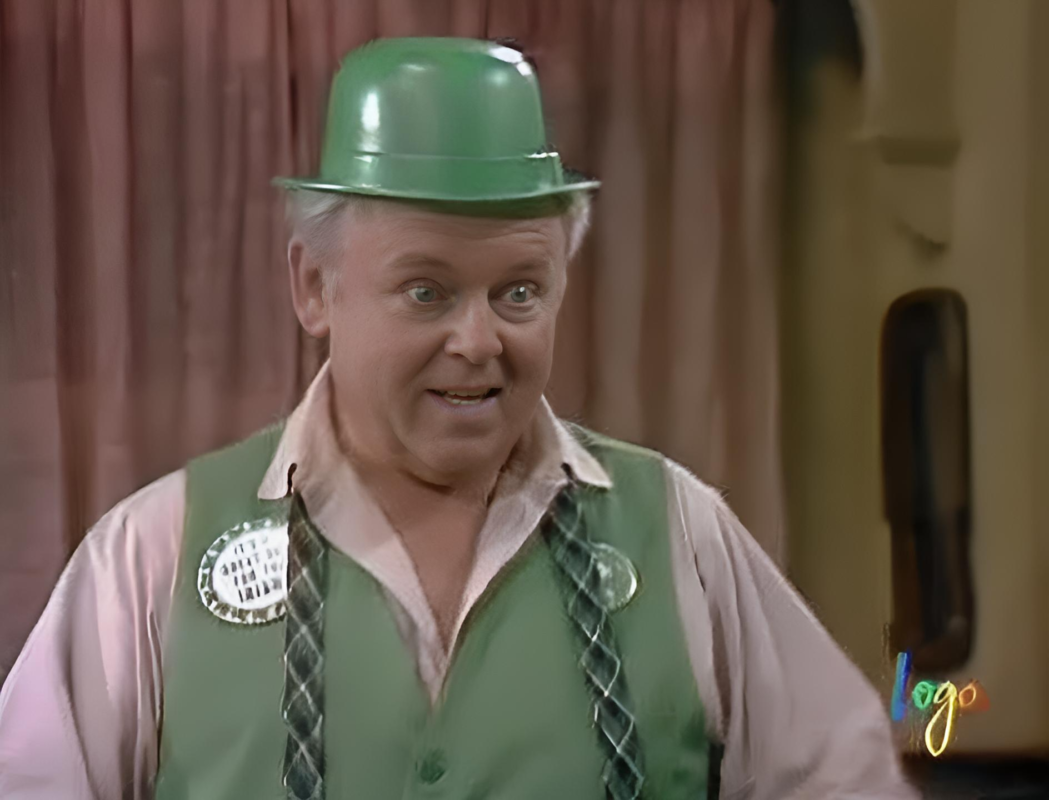
Paul Mooney, a legendary comedian and writer known for his sharp wit and unflinching commentary on race relations in America, had a distinctive perspective on the use of humor to address serious social issues. As someone who wrote for Richard Pryor and was a key figure in the evolution of racial satire, Mooney’s critique of “All in the Family” offers valuable insights into the complexities of using comedy to tackle racism.
“All in the Family,” created by Norman Lear, broke new ground in the 1970s by addressing controversial topics through its central character, Archie Bunker, a white, working-class man with openly bigoted views. While the show aimed to challenge and ridicule these prejudices, it also walked a precarious line, often relying on humor that could be interpreted in multiple ways.
Mooney, who famously said, “The best humor is the truth,” would likely have praised the show’s intentions but questioned its execution. He understood the power of comedy to provoke thought and spark conversations about uncomfortable truths. However, he was also acutely aware of the dangers of reinforcing stereotypes, even inadvertently, through humor.
In his analysis of “All in the Family,” Mooney might argue that the show’s portrayal of Archie Bunker, while intended to expose and mock bigotry, sometimes allowed viewers to laugh at the caricature rather than reflect on the serious implications of his attitudes. This duality could lead to a superficial engagement with the issues at hand, rather than a deep, meaningful critique of racism.
“Comedy should make you uncomfortable in a way that makes you think,” Mooney often asserted. “But it shouldn’t give people a pass to laugh off their own prejudices.”
One of the key challenges Mooney would likely highlight is the show’s balance between satire and the risk of normalizing or trivializing bigoted views. Archie Bunker became an iconic character, and while some viewers understood the satire, others might have seen him as a lovable curmudgeon rather than a representation of problematic attitudes that needed to be challenged.
Mooney, whose own comedy delved deeply into the lived experiences of Black Americans and the absurdities of racism, might contend that “All in the Family” sometimes missed the mark in conveying the harsh realities of racial discrimination. He believed that humor should not only entertain but also educate and provoke a deeper understanding of societal issues.
“Racism isn’t a joke,” Mooney would likely argue. “It’s a harsh reality for millions of people. Comedy has to hit hard enough to shake people out of their comfort zones.”
Moreover, Mooney might critique the show’s tendency to center the narrative around Archie’s journey and his potential for growth, rather than focusing on the experiences and perspectives of Black characters. This approach, while effective in highlighting the absurdity of Archie’s views, might inadvertently sideline the voices that needed to be amplified the most.
“All in the Family” did bring Black characters into the storyline, but often as secondary to Archie’s narrative arc. Mooney, who worked tirelessly to elevate Black voices in comedy, would advocate for a more balanced approach that gives equal weight to the stories and perspectives of those directly affected by racism.
“Black people aren’t just props in white people’s stories,” Mooney would assert. “Our stories matter. Our perspectives matter.”
Additionally, Mooney might point out that while satire can be a powerful tool for social change, it requires a delicate balance to ensure that the message isn’t lost in the laughter. He would emphasize the importance of clarity in the intent behind the humor and the need to push audiences beyond mere amusement to genuine reflection and action.
“Satire should cut deep,” Mooney often said. “It should leave a mark that makes people question their own biases and the society they live in.”
In evaluating “All in the Family,” Paul Mooney’s insights remind us of the fine line that comedians and creators must walk when addressing serious social issues through humor. His critique underscores the importance of intention, balance, and the need to center marginalized voices in the narrative.
To honor Mooney’s legacy and his commitment to truth in comedy, contemporary media must strive to create content that not only entertains but also challenges and educates its audience. By doing so, we can ensure that humor serves as a catalyst for real, meaningful change.
